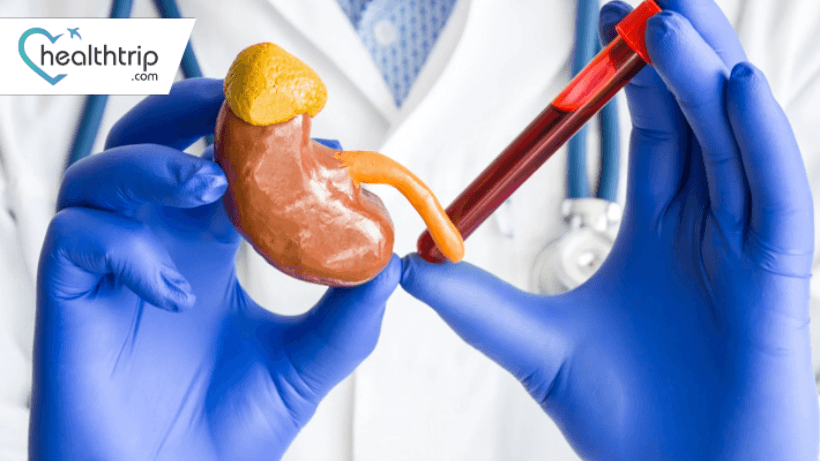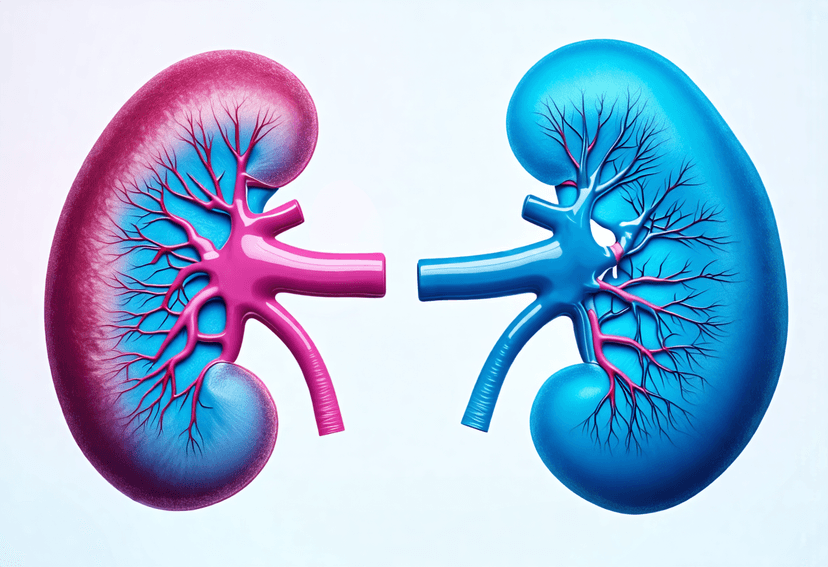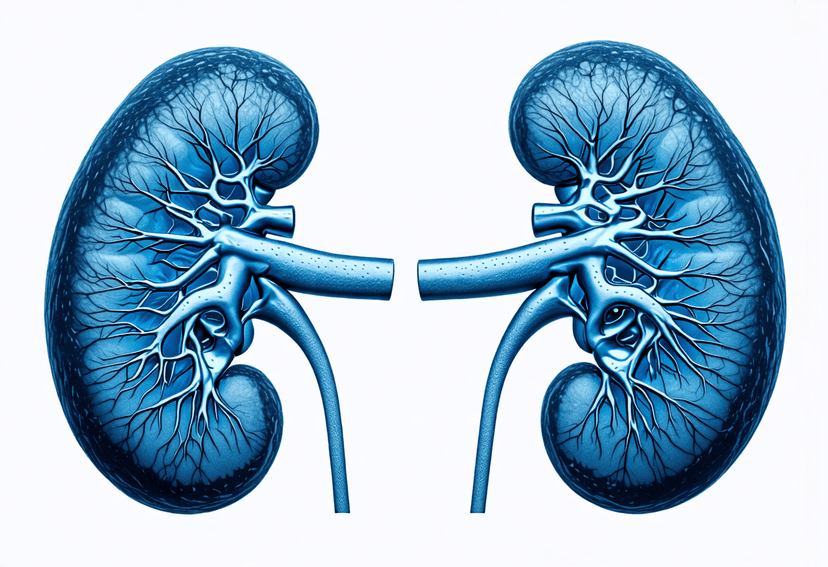
Creatinine Tests Demystified: What to Expect
13 Sep, 2023
 Healthtrip
HealthtripWhen it comes to assessing kidney function and overall health, the creatinine test plays a pivotal role. Creatinine is a waste product generated by muscle metabolism that is filtered out of the body primarily by the kidneys. Monitoring creatinine levels through a simple blood test provides crucial insights into kidney function and can be indicative of various underlying health conditions. In this informative blog, we will delve into the importance of creatinine tests, how they work, and what the results can reveal about your health.
1.The Role of Creatinine in the Body
Creatinine is a byproduct of creatine phosphate, a molecule found in muscles that fuels their contractions. As muscle cells break down creatine phosphate during their normal activity, they produce creatinine as a waste product. Creatinine is released into the bloodstream and eventually filtered out by the kidneys. Healthy kidneys efficiently remove creatinine from the blood, maintaining a stable and balanced level in the body.
Most popular procedures in India
2.Significance of the Creatinine Test
3.Factors Affecting Creatinine Levels
4.When and how is the Creatinine Test Conducted?
The creatinine test is a common blood test that is relatively simple and non-invasive. Here's a detailed overview of when and how the creatinine test is conducted:5.Red
Flags for Elevated Creatinine Levels
Elevated creatinine levels can be a red flag for
several health conditions beyond kidney disease. These conditions may include:
Wellness Treatments
Give yourself the time to relax
Lowest Prices Guaranteed!

Lowest Prices Guaranteed!
- Dehydration: As mentioned earlier, dehydration can cause temporary spikes in creatinine levels. Ensuring adequate hydration before a creatinine test is essential for accurate results.
- Muscle Disorders: Certain muscle disorders, such as rhabdomyolysis, can lead to a rapid increase in creatinine due to muscle breakdown.
- Obstruction: Kidney or urinary tract obstructions can impede the normal flow of urine and result in elevated creatinine levels.
6.Managing Elevated Creatinine
Levels
If your creatinine levels are consistently high,
your healthcare provider may recommend various interventions:
- Dietary Changes: Reducing protein intake and controlling sodium and potassium levels may be necessary, depending on the underlying cause.
- Medication Adjustment: If medications are contributing to elevated creatinine, your healthcare provider may adjust or discontinue them.
- Blood Pressure Control: Keeping blood pressure within a healthy range is essential to prevent further kidney damage.
- Managing Underlying Conditions: Treating and managing conditions like diabetes and hypertension can help slow the progression of kidney disease.
- Dialysis or Transplant: In severe cases of kidney failure, dialysis or a kidney transplant may be necessary.
7.Lifestyle Choices for Kidney Health
Maintaining kidney health is not solely dependent on medical tests. Adopting a healthy lifestyle can play a significant role in preventing kidney issues:
- Stay Hydrated: Adequate hydration is essential for kidney function. Aim to drink enough water throughout the day to keep your urine light yellow.
- Balanced Diet: Consume a well-balanced diet that is not overly high in protein or sodium. A diet rich in fruits, vegetables, and whole grains can support kidney health.
- Manage Chronic Conditions: If you have conditions like diabetes or hypertension, work closely with your healthcare provider to manage them effectively and reduce the risk of kidney damage.
- Regular Exercise: Regular physical activity can help maintain a healthy weight and blood pressure, both of which are essential for kidney health.
In conclusion, creatinine tests are versatile diagnostic tools with implications for kidney health and overall well-being. Regular monitoring, understanding the results in context, and collaborating with healthcare providers are essential steps in maintaining kidney health and addressing any underlying medical conditions effectively. Always consult your healthcare provider for personalized guidance and recommendations based on your specific health profile.
Related Blogs

Elevate Your Health and Wellness with Enhance by Mediclinic
Discover how our team of experts can help you achieve

Revolutionizing Dialysis Treatment in the UAE
Mediclinic Al Twar Dialysis Center offers advanced dialysis treatment options

Discover Exceptional Dialysis Care at Mediclinic Al Twar
Get premium dialysis care at Mediclinic Al Twar, a state-of-the-art

Transform Your Life with Lotus Wellness and Rehabilitation
Experience the transformative power of wellness and rehabilitation at Lotus

Chronic Kidney Disease Management
Learn how to manage chronic kidney disease with our expert

Understanding Kidney Stones
Learn about the causes, symptoms, and treatment options for kidney










